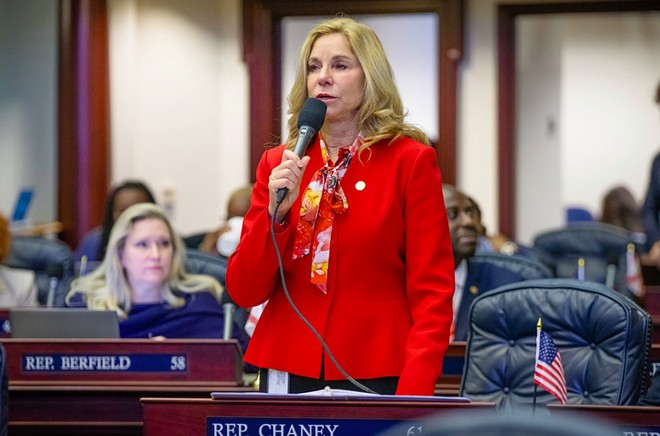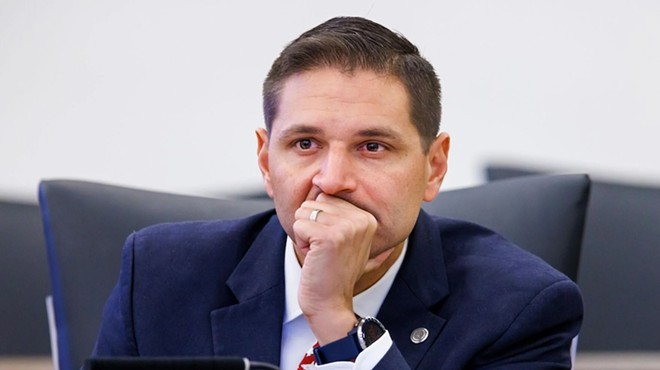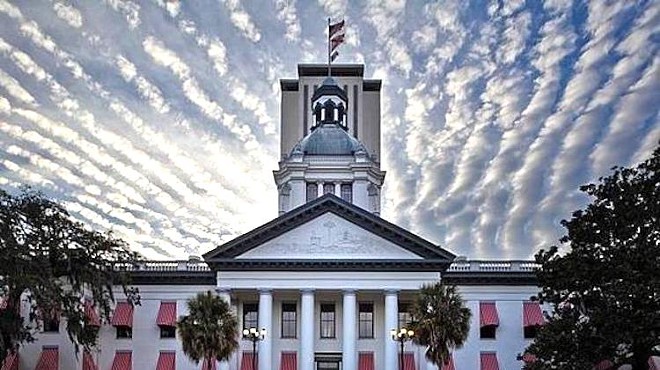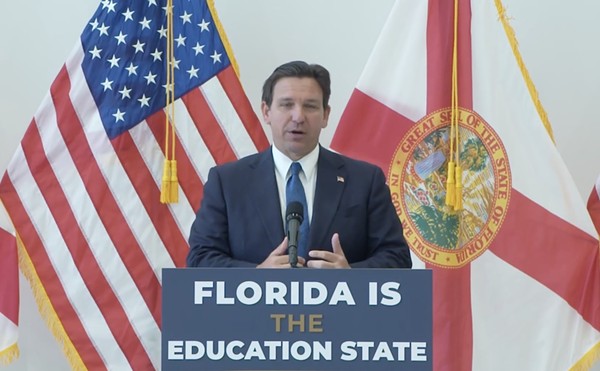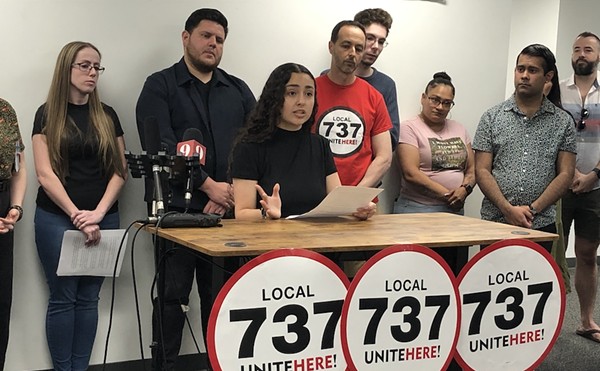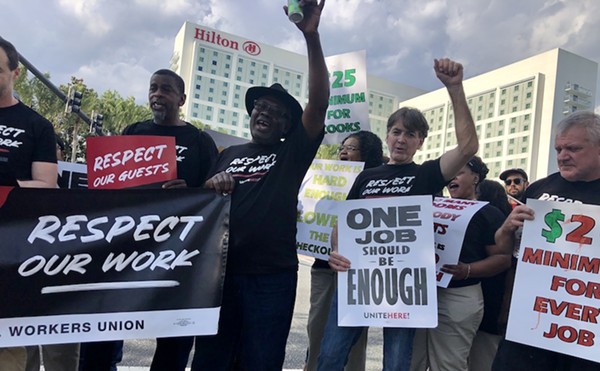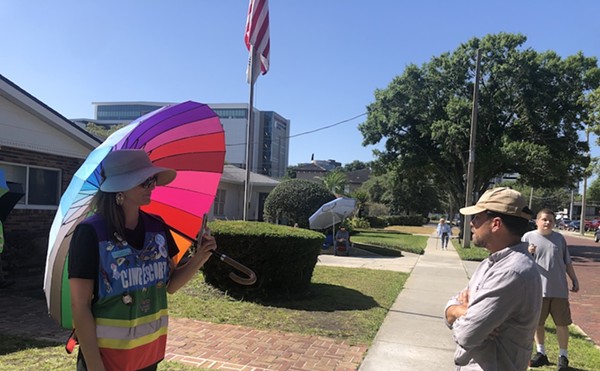Both proposals, similar to child labor rollbacks introduced in other state legislatures over the last two years, originally came from industry lobbyists and special interest groups, public records show. Policy experts opposed to these measures say they’re part of a coordinated, multi-state effort to weaken child labor standards at the behest of employers in largely low-wage industries.
One hotly debated bill (HB 49) allows parents to sign a consent form and give permission for their 16- or 17-year-old child to work more than 30 hours per week during the school year. It also allows for minors 16 and up to work more than eight hours a day on holidays and Sundays during the school year, and adds a carve-out from restrictions on hours for minors 16 and older who are homeschooled or enrolled in a virtual education program
This is something Senate bill sponsor Danny Burgess, a father of homeschooled children himself, said initially drew him to the proposal, which records show was heavily influenced (and partially written) by lobbyists with the conservative Foundation for Government Accountability, a billionaire-funded think tank based in Naples.
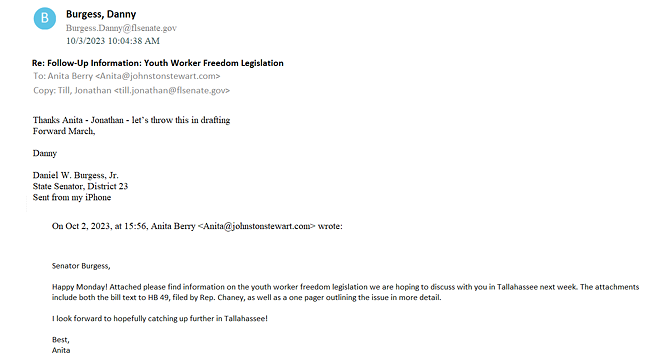
Currently, under state and federal law, Florida minors 14 and older can legally work a number of jobs with restrictions on “hazardous” occupations that research has shown can be dangerous to children's health. That includes most jobs in construction, save for office and sales jobs. Research has found that working more than 20 hours per week can also negatively affect health, school attendance and academic progress.
Supporters of the Florida legislation argued their proposals would increase job opportunities for Florida’s young people and allow them the “flexibility” to work longer hours.
“This bill gets government out of their way to choose the path that's best for them and their families,” said Republican Rep. Linda Chaney, sponsor of HB 49, during an early hearing on the bill.
Chaney, who gained national attention for refusing to refer to teens aged 16 and 17 as “children,” added that her bill “creates opportunity for families” and “empowers individuals based on their individual needs.”
Both of Florida’s child labor-related proposals were sponsored by Republicans, and had been significantly watered down ahead of passage due to public pressure and concerns voiced by opponents.
Primary concerns included potential conflicts with federal law, risks associated with working young people too many hours, and exposing young people to jobs in industries with high injury and fatality rates (not to mention hotbeds for labor violations).
As filed, the Senate version of House Bill 917, for example, would have allowed teens 16 and older to work in commercial construction, in addition to residential. It also would have allowed them to work on superstructures, roofs, ladders, and scaffolding more than six feet off the ground — which is currently barred under state and federal law, with limited exceptions for government-approved student learner and apprenticeship programs.
The final version passed — unanimously by the state Senate, and with a smattering of Democrats opposed in the Florida House — clarifies that no minor under 18 may work in violation of any federal rule concerning child labor or workplace safety.
It also contains certain “guardrails,” including a requirement that minors work only under the direct supervision of an experienced supervisor at least 21 years of age or older — even though there are few dedicated enforcement personnel in Florida to actually ensure compliance.
Public records show the legislation was originally drafted by lobbyists for the Associated Builders and Contracts of Florida and the Florida Home Builders Association — state affiliates of groups that have lobbied for similar child labor rollbacks in states like Iowa.
The bill secured unanimous approval from the state Senate, with not a single Democrat in the Republican-dominated chamber opposed.
A small group of Democrats opposed the bill in the Florida House, which originally passed in a 105-3 vote. Within several hours, however, records show over a dozen Democrats changed their votes from yeas to nays after roll call.
The other controversial proposal, extending work hours for older teens, originally would have gutted restrictions on the number of hours 16- and 17-year-olds could work, essentially treating them as adults in the workforce.
Employers would have been able to schedule them for overnight shifts even if they had school the next day, and would have cut the mandatory 30-minute breaks that are currently required for minors on the job every four hours.
The legislation, as passed, largely maintains most of those current regulations. It received early support from the Florida Restaurant and Lodging Association — a mega lobbying group for the hospitality and tourism industries — and other industry groups representing employers in retail and such that employ large numbers of young workers.
Samantha Padgett, lobbyist for the FRLA, told lawmakers during early hearings on House Bill 49 that current restrictions on youth participation in the workforce — meant to promote education as the No. 1 priority — deterred low-wage, largely nonunion employers from hiring minors.
“We believe the intent is not to erode the importance of education, but to reduce unnecessary and restrictive regulation, expand available staffing, and grow financial and career development opportunities for young Floridians,” Padgett told a panel of House lawmakers during the bill’s first hearing in December.
Both proposals were passed during the final two days of Florida’s 60-day legislative session. House Bill 49, for its part, was one of the last bills to secure final approval from lawmakers.
Subscribe to Orlando Weekly newsletters.
Follow us: Apple News | Google News | NewsBreak | Reddit | Instagram | Facebook | Twitter | or sign up for our RSS Feed

